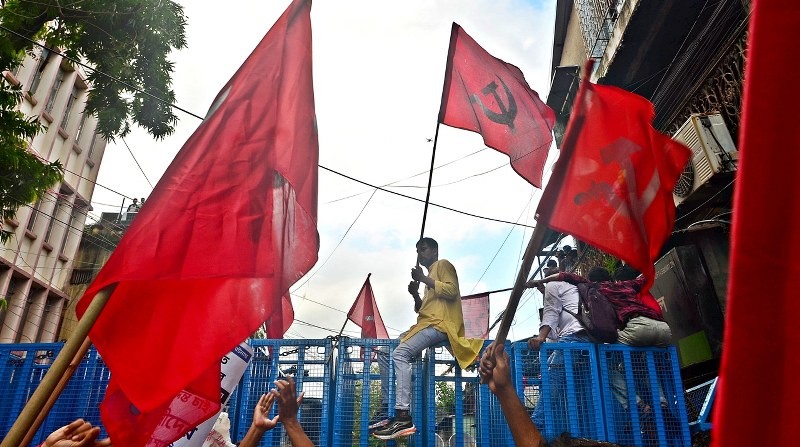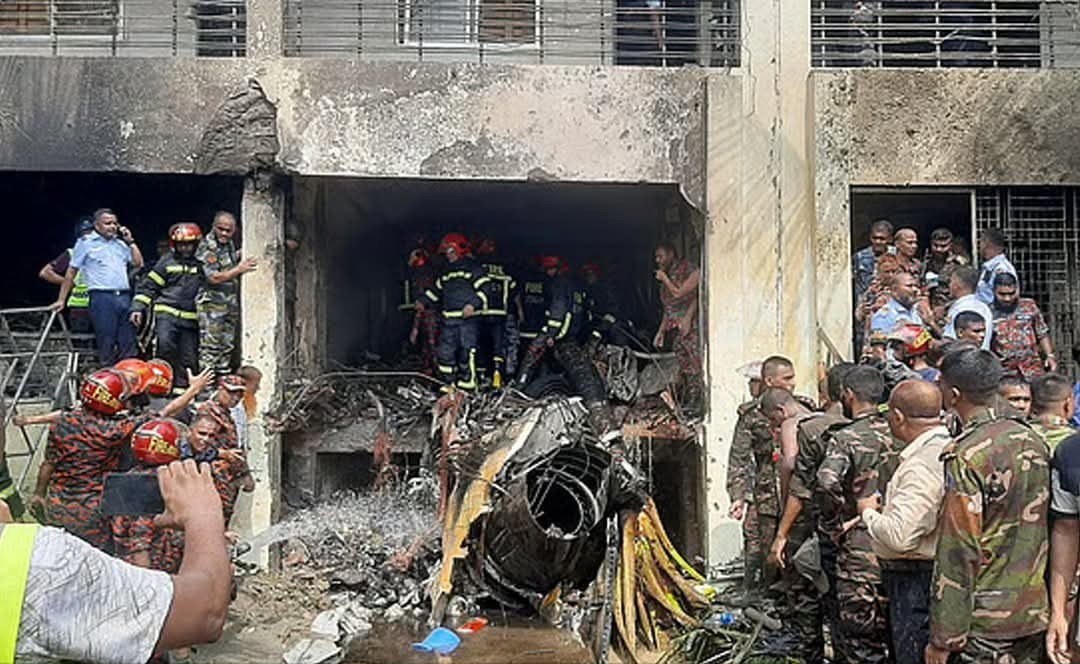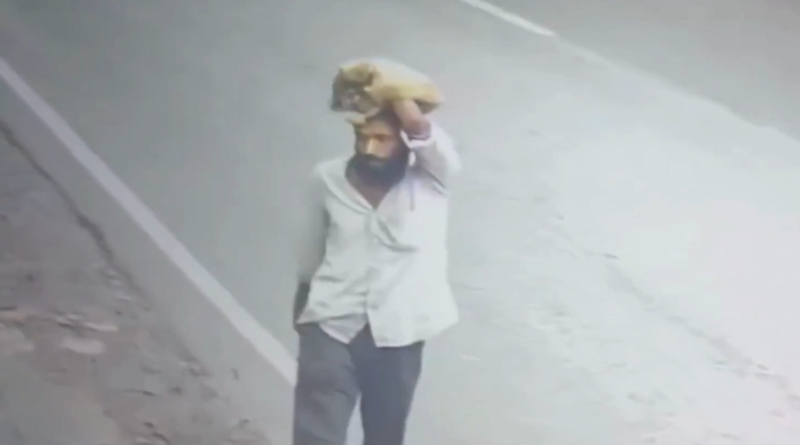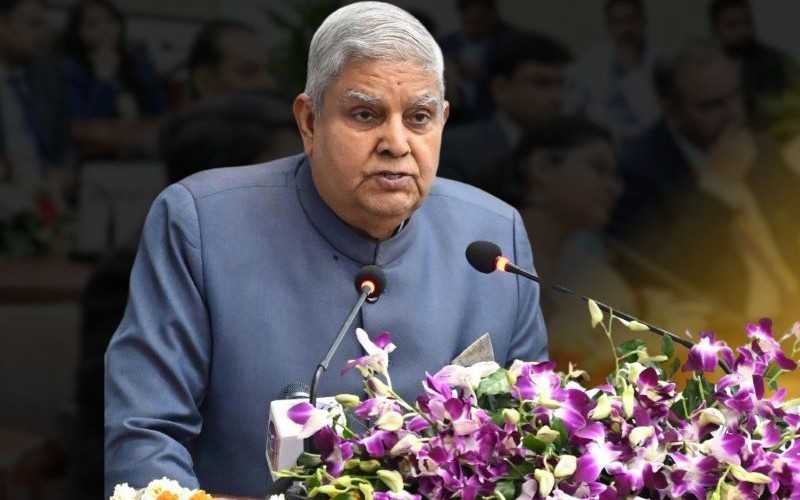Supreme Court completes 75 yrs; PM Modi inaugurates diamond jubilee celebrations
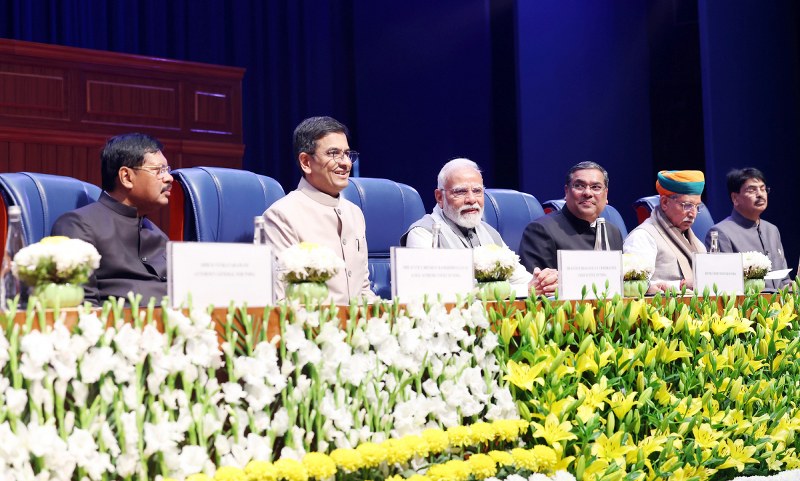
New Delhi: Prime Minister Narendra Modi inaugurated the Diamond Jubilee celebrations of the Supreme Court on Sunday at the Supreme Court auditorium in New Delhi.
Prime Minister Narendra Modi lauded the role of the judiciary in strengthening India’s vibrant democracy and its commitment to safeguarding the fundamental rights of every citizen.
The Prime Minister launched the new website of the Supreme Court and its citizen-centric information and multiple technology initiatives, including the Digital Reports (Digi SCR), Digital Courts, and other technological innovations.
The PM said that the government approved Rs 800 crore last week for the expansion of the Supreme Court Building Complex and is committed to providing all help in terms of infrastructure, funds, and manpower to modernize and facilitate the legal system.
The government has also disbursed Rs 7,000 crores since 2014 for the physical infrastructure of the courts, the PM said.
The PM said that ease of justice is the need of the hour, and the government is committed to providing support to the judicial system to reach out to every person in an efficient and cost-friendly manner.
The E-Courts Mission Project’s third phase will have four times more funds, the PM added.
Justice Chandrachud said the Supreme Court’s E-Court project has attained many milestones.
“On several days, lawyers reached the courts with trolley carts of paper. But now, this has changed. Now we have the facility to file cases at the click of a button,” said Justice Chandrachud.
Nearly 1,28,000 e-filings have been done so far, with a consistent rise in the share of e-filings compared to physical filings. The e-filings are available in 25 states. They have recorded over 29 lakh case filings, the CJI said.
The CJI further said that with the immense support of the bar and the bench, we were able to swiftly shift to virtual hearings during COVID-19.
“Even after the pandemic, hybrid hearings continue to be a feature of our courts, and any Indian lawyer sitting in any part of the country, or the world can argue before this Court through video conferencing. This has democratized access to the Supreme Court. It has opened the door for those who were unable to approach the Supreme Court due to physical distance,” the CJI said.
The CJI said that the live proceedings of the Supreme Court Constitutional Bench hearings are popular and speak to the genuine curiosity that people have towards our courts and procedures.
The e-Courts project attempts to enhance the accessibility and transparency of the justice delivery system.
At the heart of these initiatives is the desire to transform the judicial system into a technology-enabled, efficient, accessible, and environment-friendly institution.
Dr. Adhish Aggarwala, President of the Supreme Court Bar Association, lauded the CJI’s orders and said that his judgments are cited across the world, including the European courts.
Lauding the government for its support of the legal system, Dr. Aggarwala said that the government is seen as a partner of the legal system and not in opposition to the judiciary.
The event was marked by the presence of stalwarts like former Supreme Court Chief Justices N. V. Ramana, K. G. Balakrishnan and Justice Sanjay Kishan Kaul. Solicitor General Tushar Mehta, High Court Judges, Vice Chancellors of Law Universities, Senior Advocates, and other dignitaries were present during the occasion.
The Chief Justices of Bangladesh, Bhutan, Mauritius, Nepal, and Sri Lanka were also present at the event.
The CJI thanked them for attending the event. “India has long-standing cultural bonds with them, and the presence of the Chief Justices today strengthens India's ties with their nations,” he said.
Chief Justice DY Chandrachud said that court’s decisions, both in the judicial and administrative realms, have been aimed at enhancing accessibility to the Indian judicial system for common citizens.
He also said that there is a need to start a conversation on the long court vacations and propose alternatives to them with discussions with the bar on this aspect.
Law Minister Arjun Ram Meghwal noted that the Supreme Court was established 75 years ago with six judges and now it has a strength of 34 judges.
“Since independence, we have endeavoured to have laws that would be interpreted by a constitutional court under the rule of law and not by colonial values or social hierarchies. There is a need to decolonize the legal system,” he said.
Bar Council Chairman Manan Kumar Mishra said that the Indian judiciary is one of the strongest in the world.
Attorney General R. Venkata Ramani also stressed the need to uphold the Constitutional values of the country.
(With UNI inputs)

